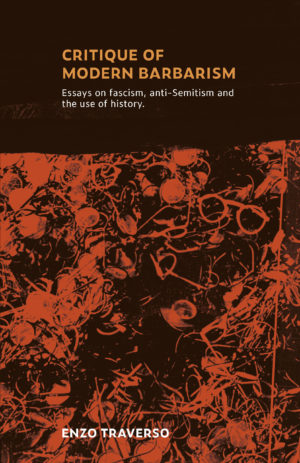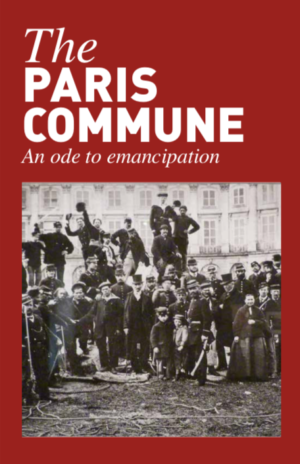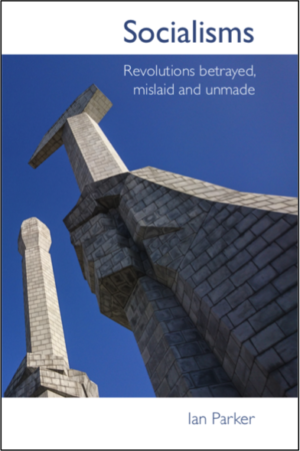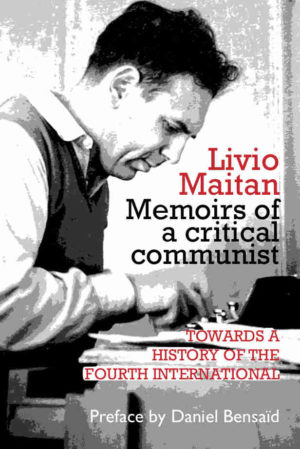Description
In this new collection of essays, Enzo Traverso examines the relationships between anti-Semitism, modernity and the Holocaust.
Traverso analyses multiple dimensions of the destruction of the European Jews, debates over the historical memory and left-wing debates on the nature of anti-Semitism.
Inspired by the critical theory of the Frankfurt School and the heterodox Marxism of a thinker like Walter Benjamin, Traverso argues that after Auschwitz, critical thought needs to reconsider the notion of progress as such.
Enzo Traverso is the Susan and Barton Winokur Professor in the Humanities at Cornell University. His publications include more than then authored and edited books and are widely translated. His recent books include: The New Faces of Fascism, Populism and the Far Right, Verso, 2019; Left-Wing Melancholia: Marxism, History, and Memory, Columbia University Press, 2017, The End of Jewish Modernity, Pluto Press, 2016; Fire and Blood: The European Civil War, 1914–1945, Verso, 2016; The Origins of Nazi Violence, New Press, 2003.
He worked at the IIRE from 1989 to 1991. Part of this book was published as Understanding the Nazi Genocide: Marxism after Auschwitz, IIRE & Pluto Press, 1999.
CONTENTS
Foreword
Introduction
Part I – Interpreting history
- Auschwitz, Marx and the twentieth century
- To brush against the grain: The Holocaust and German-Jewish culture in exile
- The blindness of the intellectuals: Historicising Sartre’s Anti-Semite and Jew
- The uniqueness of Auschwitz: Hypotheses, problems and wrong turns in historical research
Part II – Debates
- The Shoah, historians and the public use of history: On the Goldhagen affair
- Uses and misuses of memory: Notes on Peter Novick and Norman Finkelstein
- Warping history: Timothy Snyder interprets the Holocaust
- Claude Lanzmann: A critical appraisal
Part III – The left and anti-Semitism
- The lessons of a defeat: The German left confronted with Nazi anti-Semitism
- On the edge of understanding: From the Frankfurt School to Ernest Mandel
- For an ethical refoundation of socialism: Norman Geras and political philosophy after Auschwitz
- The debt: The Warsaw ghetto uprising







